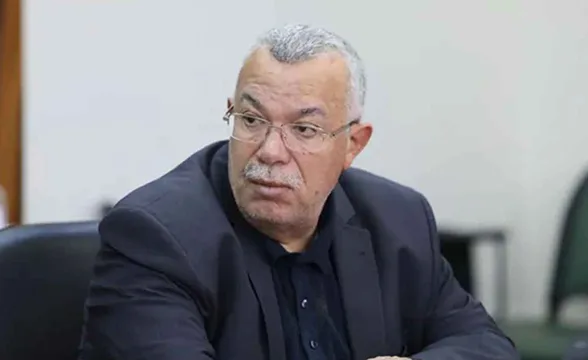Tunis, June 3, 2025 – The Criminal Chamber of the Tunis Court of Appeal upheld the ruling of the court of first instance against former Minister of Justice and Ennahda Movement leader Noureddine Bhiri, sentencing him to 10 years in prison in the so-called “Facebook post” case, which was attributed to him during his participation in a National Salvation Front protest march in the Menzah region.
The Court of First Instance had charged Bhiri with inciting residents to attack each other, fomenting unrest in Tunisia, and plotting an attack with the intent of overthrowing the state. These charges have been described by many lawyers and human rights activists as vague and based on intentions and assumptions that do not reach to the level of a criminal act.
The Freedom for Tunisia Observatory expresses deep concern about the endorsement of such a harsh sentence based on political expression, in the absence of actual evidence of acts of violence or physical incitement to violence.
The Observatory recalls that Article 37 of the Tunisian Constitution and Article 19 of the International Covenant on Civil and Political Rights explicitly protect the right to freedom of expression, peaceful assembly, and political criticism, including views that are in opposition to state policies, unless they include direct and serious calls for violence, which, according to published data, does not exist in Bhiri’s case.
The Freedom for Tunisia Observatory considers the sentence against Noureddine Bhiri to be part of the judicial system’s use of force to eliminate political opponents and criminalize the expression of opinion and participation in civil society movements.
- It warns of the danger of the widespread application of charges such as “altering the state structure” and “incitement to disorder” without precise criteria or material evidence.
- It calls for this ruling to be overturned before the Court of Cassation and for a broader legal debate to be opened on the use of the judiciary to restrict freedom of expression in Tunisia.
- It reiterates its demand to ensure the independence of the judiciary and to keep political cases out of criminal jurisdiction.





